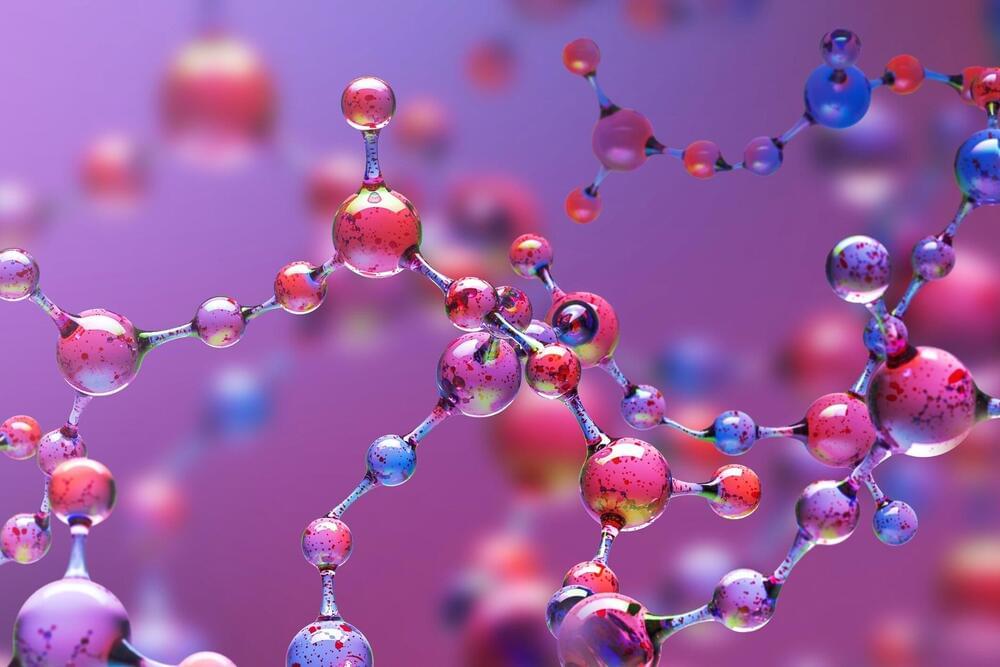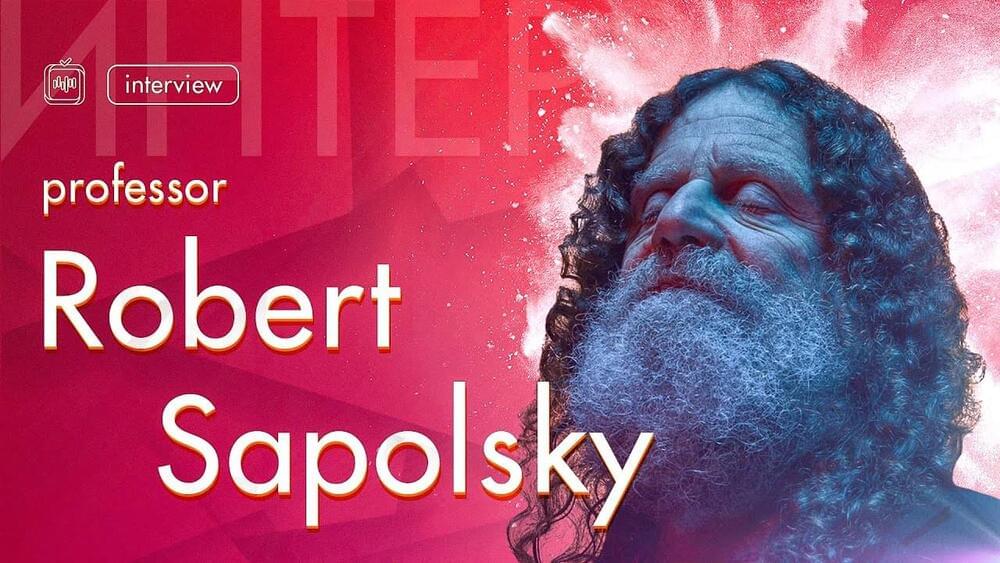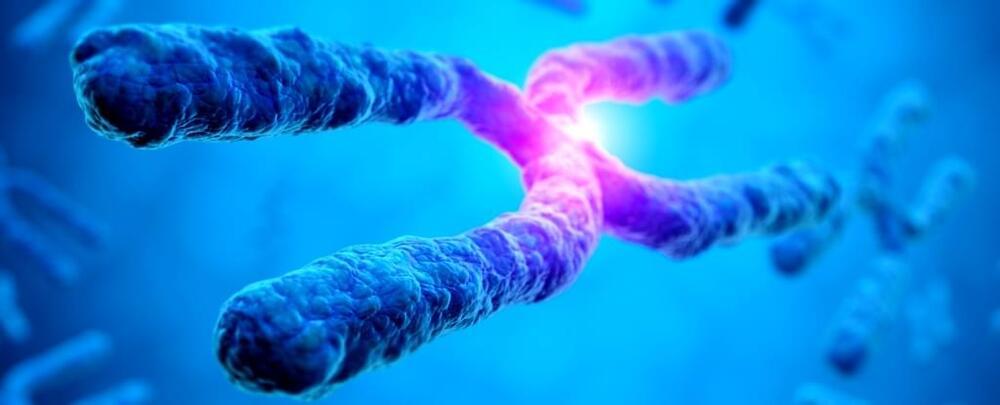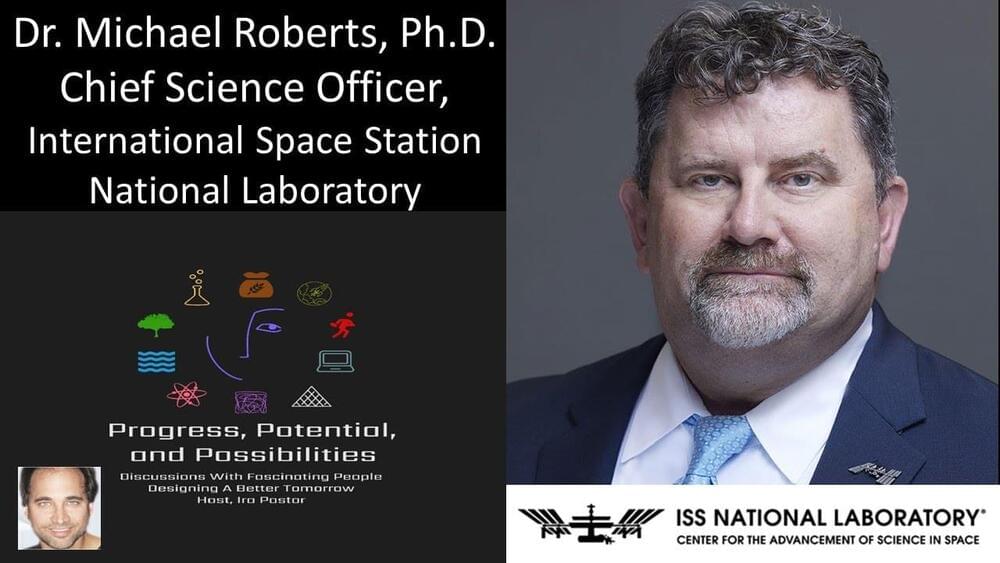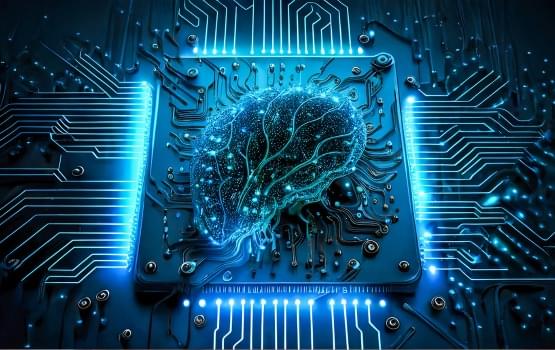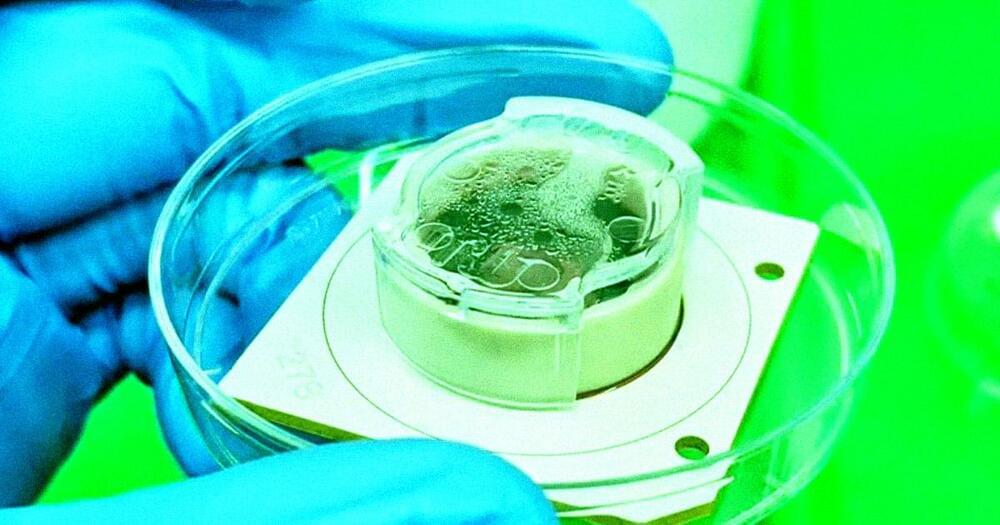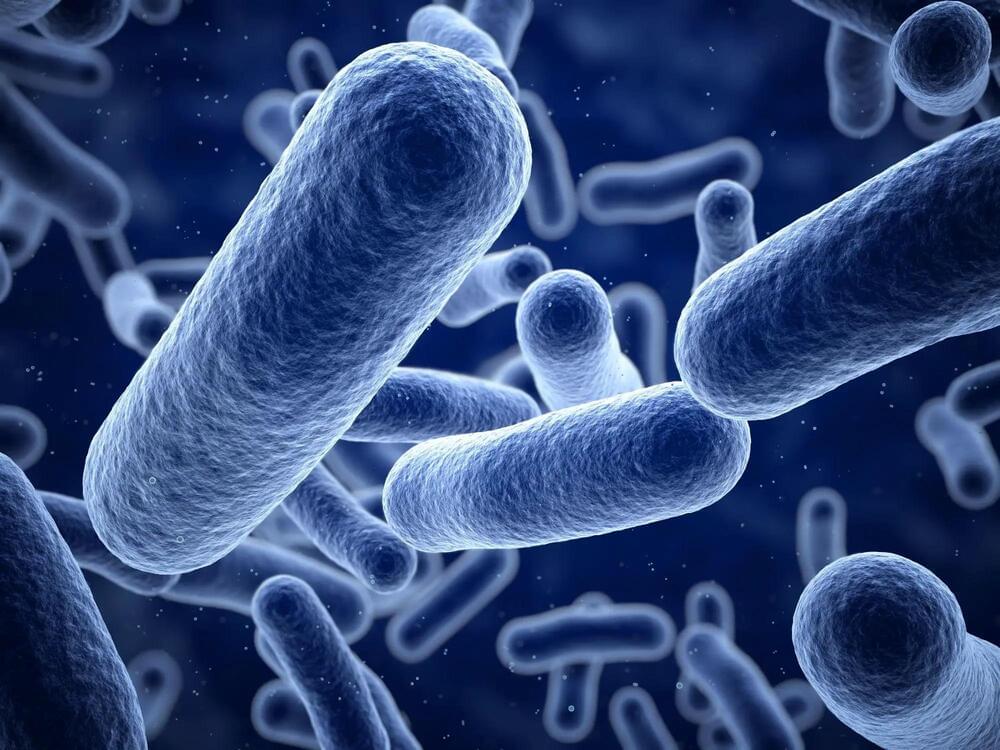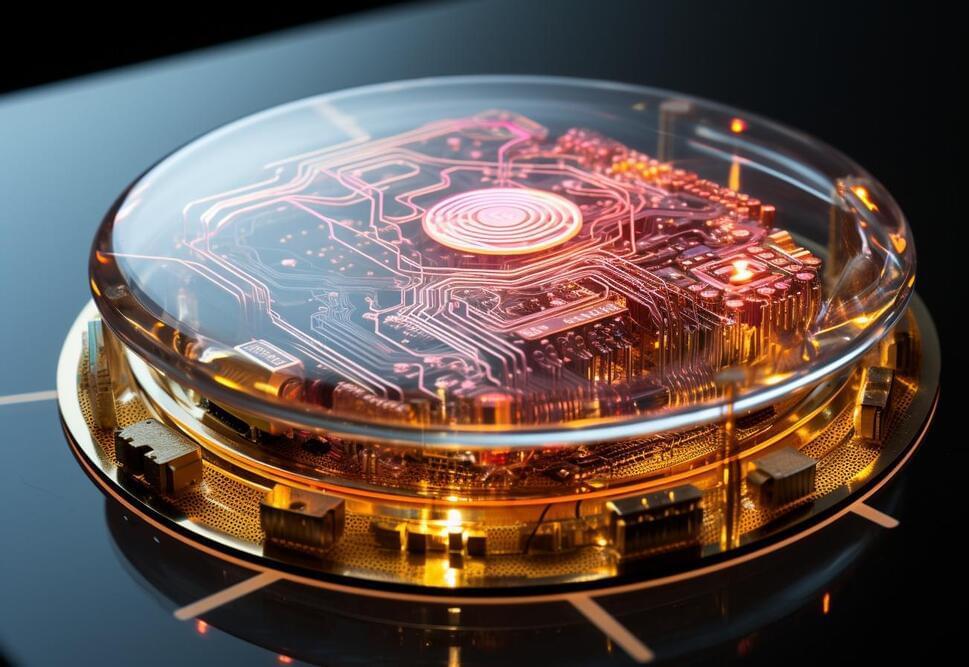Jul 30, 2023
Scientists unveil synergistic method for non-canonical amino acid synthesis
Posted by Genevieve Klien in categories: biological, chemistry
New chemistry, new enzymology. With a new method that merges the best of two worlds—the unique and complementary activities of enzymes and small-molecule photochemistry—researchers at UC Santa Barbara have opened the door to new catalytic reactions. Their synergistic method allows for new products and can streamline existing processes, in particular, the synthesis of non-canonical amino acids, which are important for therapeutic purposes.
“This method solves what in my opinion is one of the most important problems in our field: how to develop new catalytic reactions in a general sense that are new to both biology and chemistry,” said chemistry Professor Yang Yang, an author of a paper that appears in the journal Science. “On top of that, the process is stereoselective, meaning it can select for a preferred “shape” of the resulting amino acid.”
The synergistic photobiocatalytic method consists of two co-occurring catalytic reactions. The photochemical reaction generates a short-lived intermediate molecule that works with the reactive intermediate of the enzymatic process, resulting in the amino acid.
